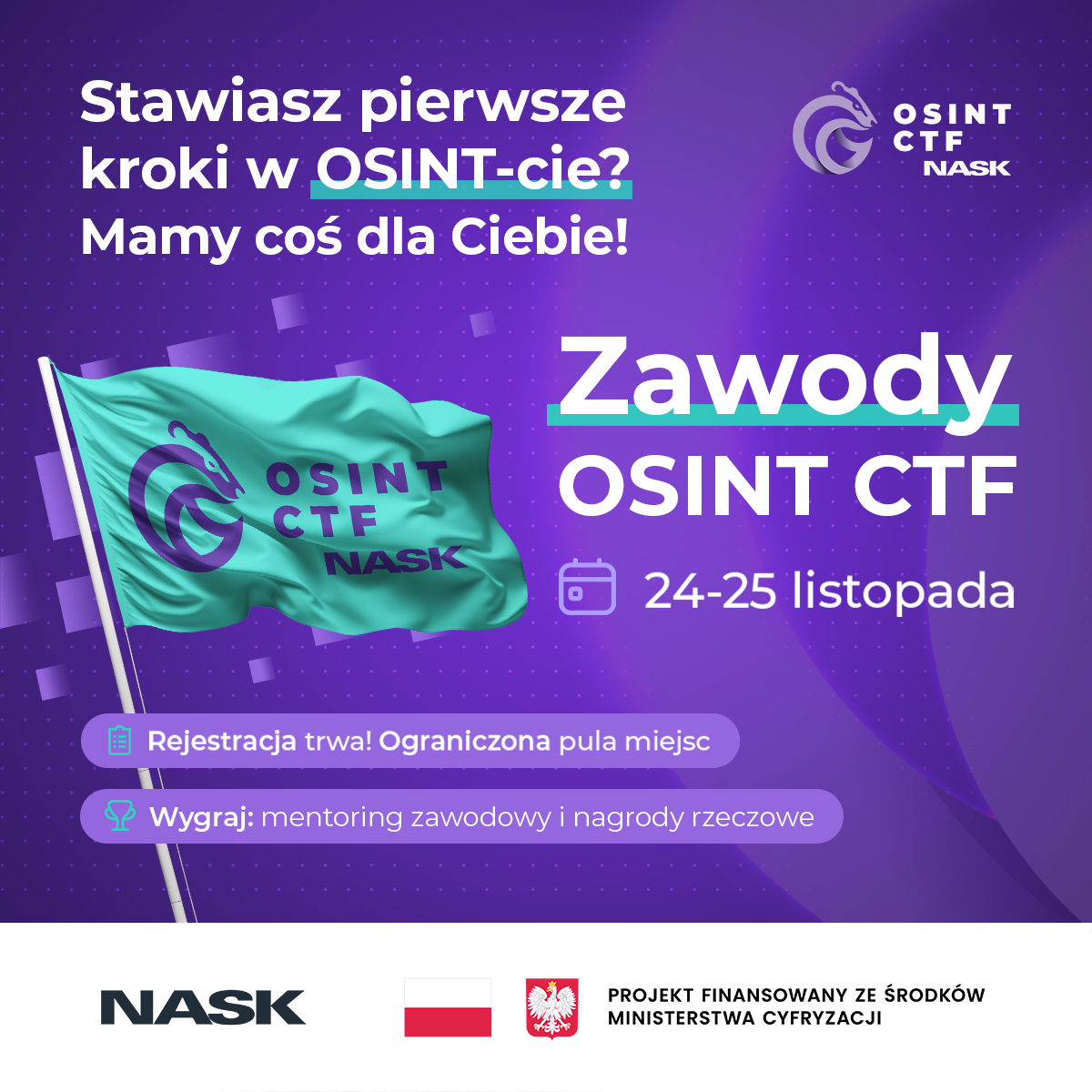|
2025-06-18: Paged Out! prints are here, and so is #7 CFP deadline
Paged Out! was always intended as a PDF+print zine, but the "print" part turned out to be pretty elusive. We actually did an initial test print of 500 copies in 2019 for a conference I've co-organized (Security PWNing), but that's it. Until last month that is, when we pretty much got back on track with prints — both free prints for events, and — additionally — print on demand if someone wants to buy a copy. We actually also updated the website with a lot of print-related information. So let's cut to the chase — how to get printed Paged Out!?
At the same time if you or your company would like to sponsor some Paged Out! prints for a specific event or in general, please let us know (prints AT pagedout DOT institute). So far only issue #6 is available, but we're working on getting all of them out there, including older ones. We're basically going one by one, first #5, then #4, and so on. Speaking of issues — Call For Articles for issue #7 now has a soft deadline: 30 June 2025 As usual, we're accepting technical 1-page articles about everything interesting related to computers, electronics, radio, and so on. See pagedout.institute/?page=cfp.php for details. Note: We're having problems getting articles about retro computers, speedrunning, and movement techniques in games (e.g. Apex Legends), so if you can write about that, please do; and if you know someone who could write something about this, please ping them. Of course all the usual topics are welcomed too, as always. [ 0 comments ] |
2025-11-10: OSINT CTF i webinary organizowane przez NASK - 24-25 listopada 2025
NASK - Państwowy Instytut Badawczy, z którym niedawno wspólnie organizowaliśmy finały European Cybersecurity Challenge 2025, idzie za ciosem i przygotował kolejny CTF, tym razem z tematyki OSINT — OSINT CTF 2025 (24-25 listopada 2025; rejestracja tylko do 21.11.25 r.). Co ciekawe, zawody będą poprzedzone czteroma darmowymi webinarami edukacyjnymi prowadzonymi przez ekspertów z zakresu cyberbezpieczeństwa i analizy danych (z czego dwa się już odbyły i będzie można je obejrzeć na kanale NASK na YouTubie):
GL & HF! [ 1 komentarz ] |
|
Five newest or recently updated notes (these are unfinished posts, code snippets, links or commands I find useful but always forget, and other notes that just don't fit on the blog):
Click here for a list of all notes.  Security papers and research notes Security papers and research notes
Some conference slides are linked at the bottom of this page.  Selected vulnerabilities Selected vulnerabilities
The full list of vulnerabilities discovered by me (including collaborative work) can be found here (please note that the list might be out of date). The Google Application Security / Research site might also contain some of my findings.  Coding (selected posts) Coding (selected posts)
|
 Videotutoriale i podcasty
[
0 views |
0 videos |
0 subscribers ] Videotutoriale i podcasty
[
0 views |
0 videos |
0 subscribers ]
[ 0 thumbs up | 0 comments | 0 views ] Dodatkowo: ReverseCraft - starsza seria podcastów o reverse engineeringu i assembly.  Edukacyjnie (wybrane posty) Edukacyjnie (wybrane posty)
Dla programistów:
Security / hacking:
Dodatkowo, kilka przemyśleń na temat odnajdywania się na rynku pracy w IT:
 Programowanie (wybrane posty) Programowanie (wybrane posty)
← trochę więcej postów jest po angielskojęzycznej stronie. |
|
|
|



